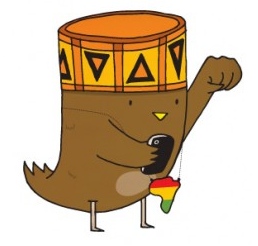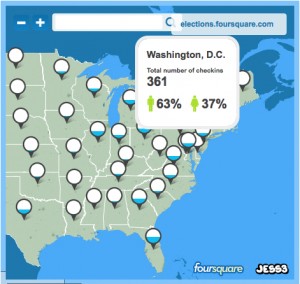So, I’ve been a bit sad that no one ever comments on DCentric, even though I know better than to take it personally– I’ve been blogging for eight years, and in the beginning, no one. ever. comments. But, after yesterday’s post about African Americans and voting, several of you spoke up– and one of your comments was better than my post, itself.
Making up 10% of the voting electorate can’t meant that only 10% of registered African Americans voted. ~ 90 odd million people voted, so 10% of that is approximately 9 million voting African Americans. Voter participation in this midterm election was supposed to be 42%, so if 90 million = 42%, the total registered voter pool was 214 million, and 13% of that means there are probably 27 – 28 million registered African Americans. 9 million out of 27 million is much closer to 32- 33% participation rate, not a measly 4.7%. That’s pretty comparable to the general rate of 42%, and I wouldn’t be surprised if the discrepancy is due to being disproportionately burdened by the factors that depress voting for the less than wealthy. It’s a working day, not a holiday, there’s no childcare, and polls are often hard to get to–all things we should fix. ( I got my statistics on the voting numbers from this AP article by Matthew Daly.). According to Wikipedia In 2000 there were 36 million African Americans in the united states, so assuming growth was steady, there are about 40 million *now*. Many of those people are under the age of 18, so they can’t vote, so that means over all participation was AT LEAST 25%. That strikes me as pretty respectable–especially when you consider wide spread evidence that African Americans have been disproportionately and unfairly disenfranchised b/c of the discrepancy in felony status laws regarding the use of crack vs. the use of cocaine, not to mention other less clearcut kinds of unfairness in the criminal justice system.
Moral of the story: we need more numeracy in all of our communities. Support the Algebra Project.
Uh, I’ll take quality like that over quantity, any time. Thanks for breaking it down so beautifully, Saheli.




